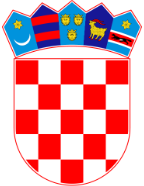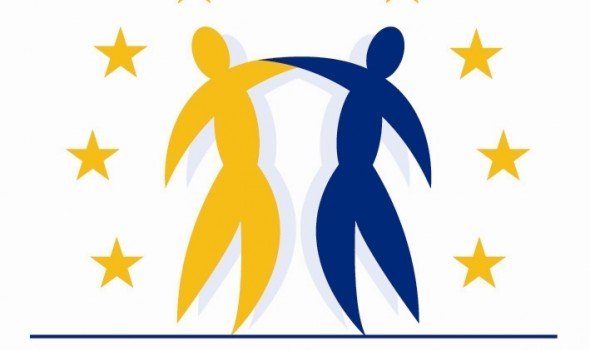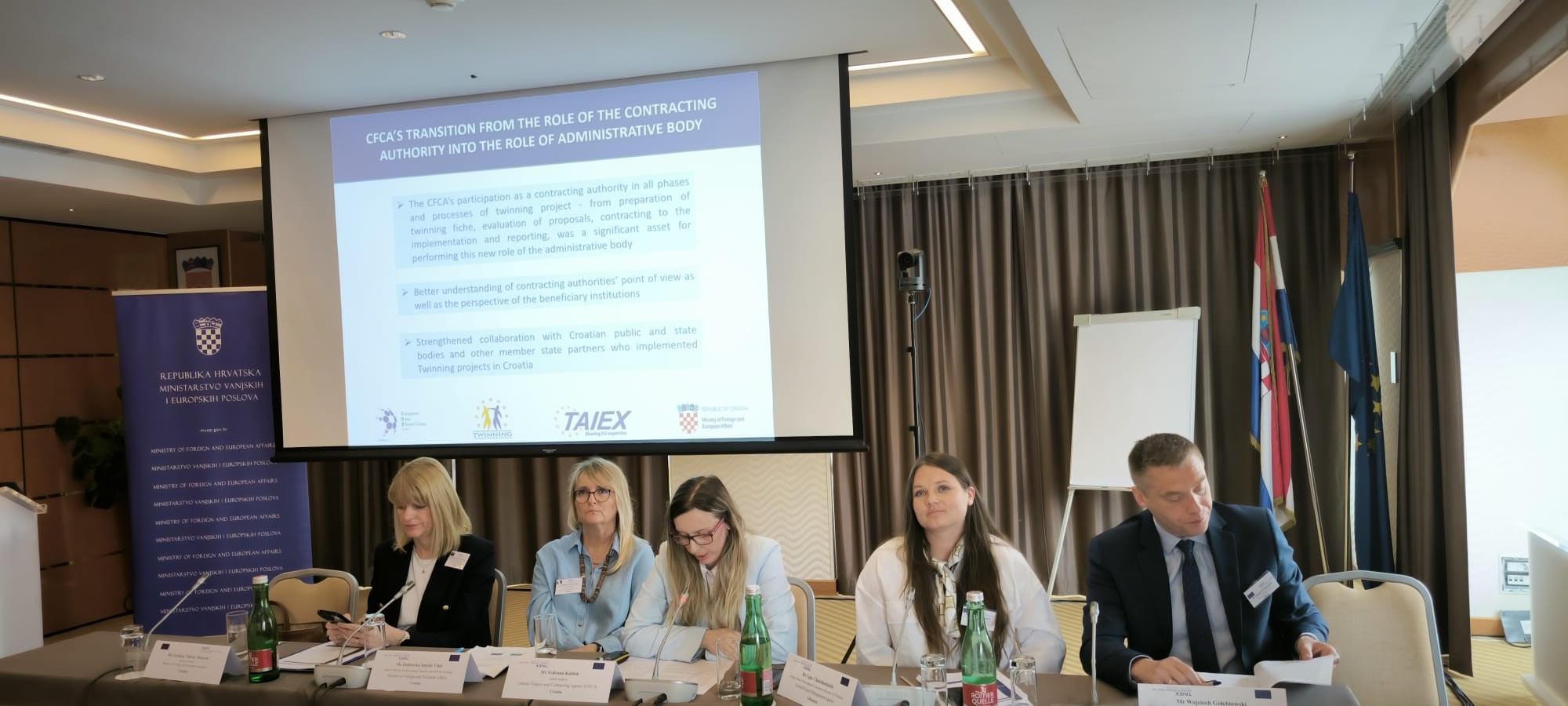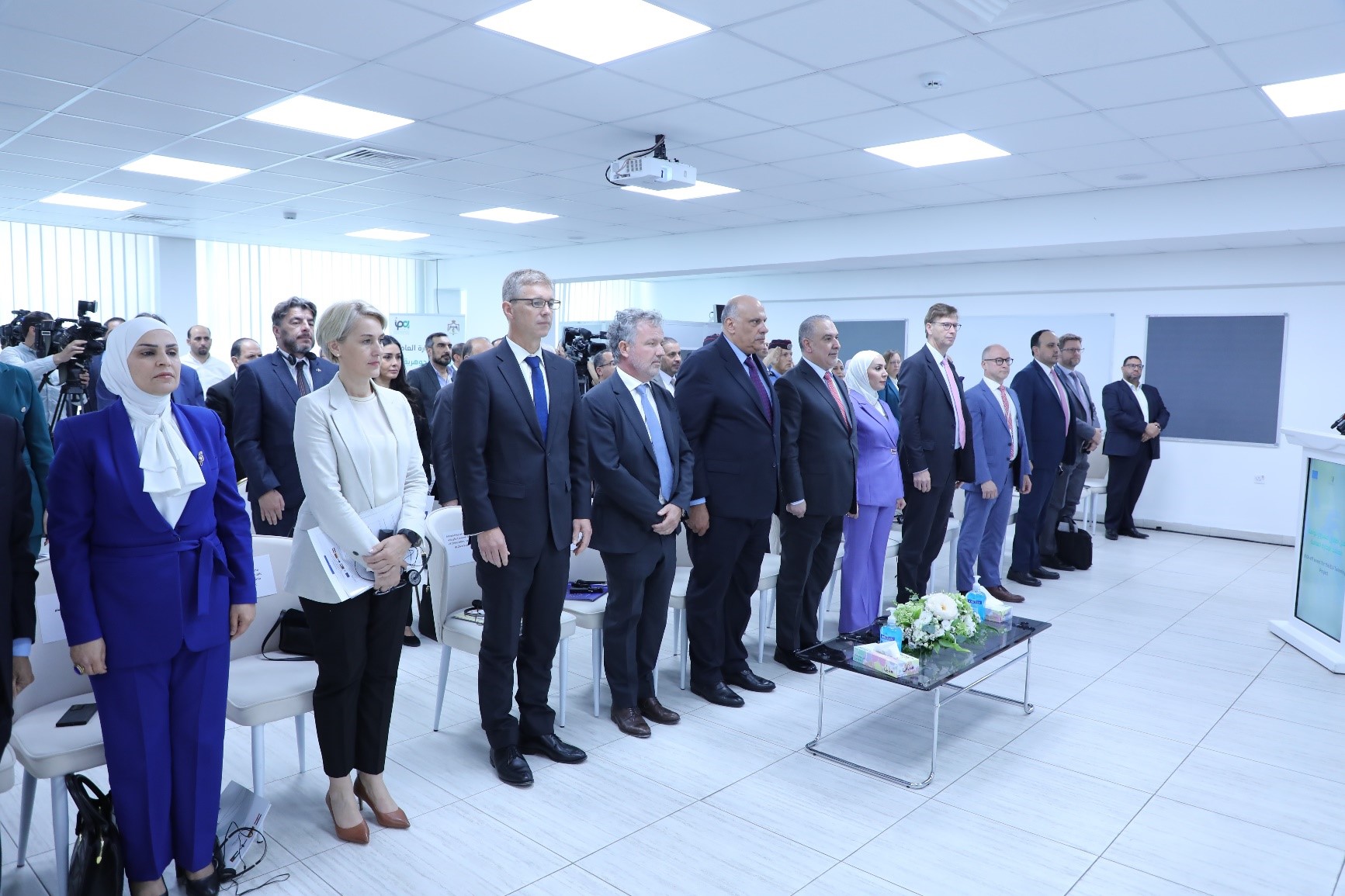On July 31st 2021, the implementation of EU-funded Twinning Light project entitled \”Support for participation in the ECAA – European Common Aviation Area\” was successfully completed. The project started at the end of 2019, but due to restrictions caused by COVID-19 pandemic, project activities were delayed on two occasions. The Croatian Civil Aviation Agency (CCAA) was in charge of the implementation of the project, while the Civil Aviation Agency of the Republic of Northern Macedonia (NM CAA) was the twinning partner and beneficiary of the project.
During June and July 2021, the last two activities of the project were held in the Republic of Croatia. One of them was On-Job Training (OJT) for about ten NM CAA employees in the field of personnel licensing, aircraft airworthiness, flight operations and airports, while the other activity was related to study visit of several NM CAA employees who were given the opportunity, through meetings with colleagues from CCAA, to gain deeper insight and broader understanding of the CCAA processes. The two parties were also able to exchange information and expertise in areas of common interest, while strengthening the ability of NM CAA to perform their tasks efficiently.
It should be noted that the main goal of the Twinning Light project was to support the sustainable development of civil aviation in Republic of North Macedonia, in accordance with international standards and acquis communautaire in the field of aviation. The specific objective of the project was to strengthen international aviation standards in Republic of North Macedonia through approximation of legislation and improve institutional capacity and technical competencies of Civil Aviation Agency of the Republic of North Macedonia, in line with the EU aviation acquis and EU policy for creation of common aviation area.
The Delegation of the European Union to the Republic of North Macedonia announced in August of 2019 that CCAA has been chosen as Twinning Partner of the Twinning Light project \”Support for participation in the ECAA – European Common Aviation Area\”, worth EUR 250 000. This decision was the result of an international tender and evaluation of proposals made by several civil aviation authorities of the EU member states.










